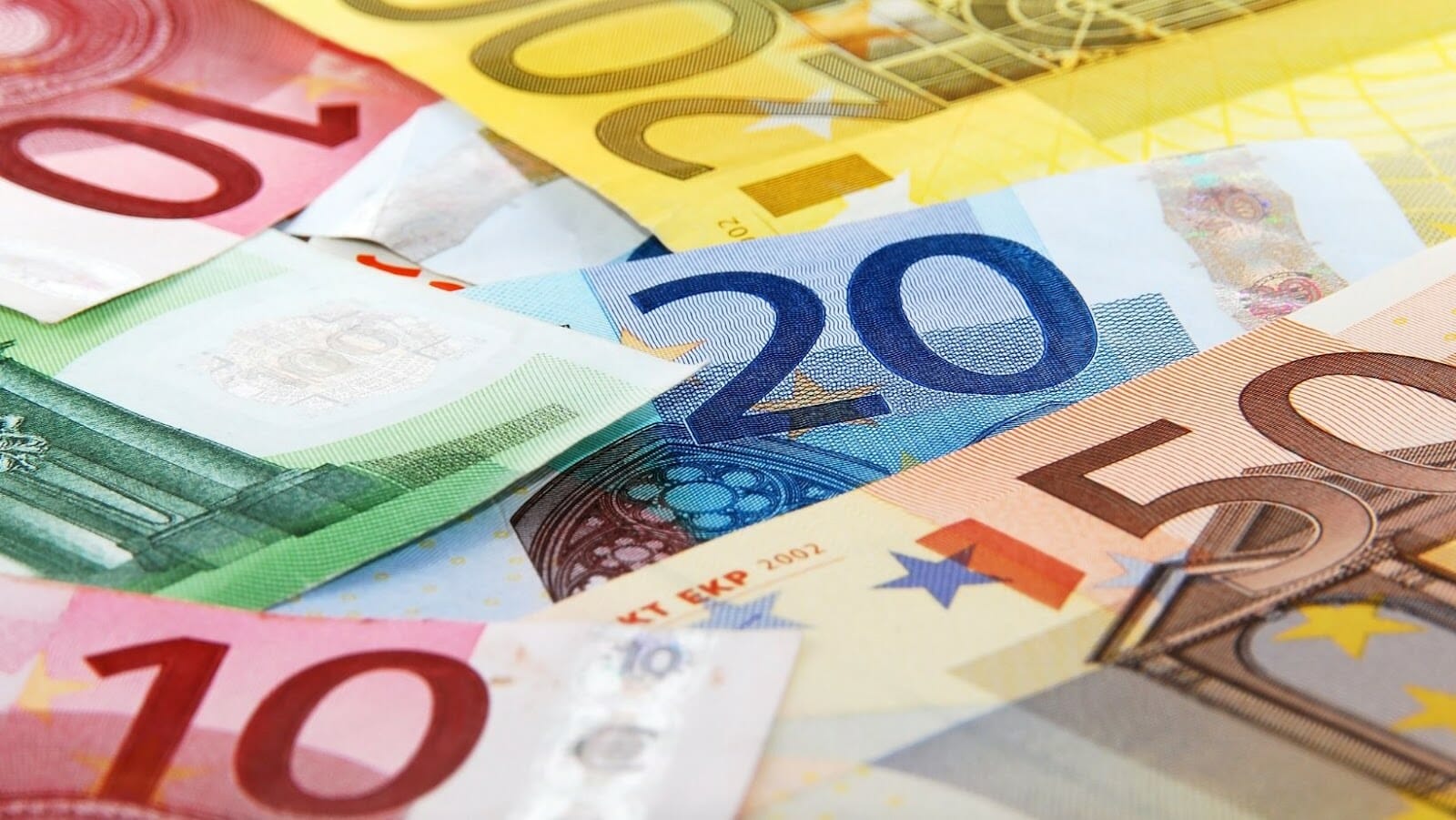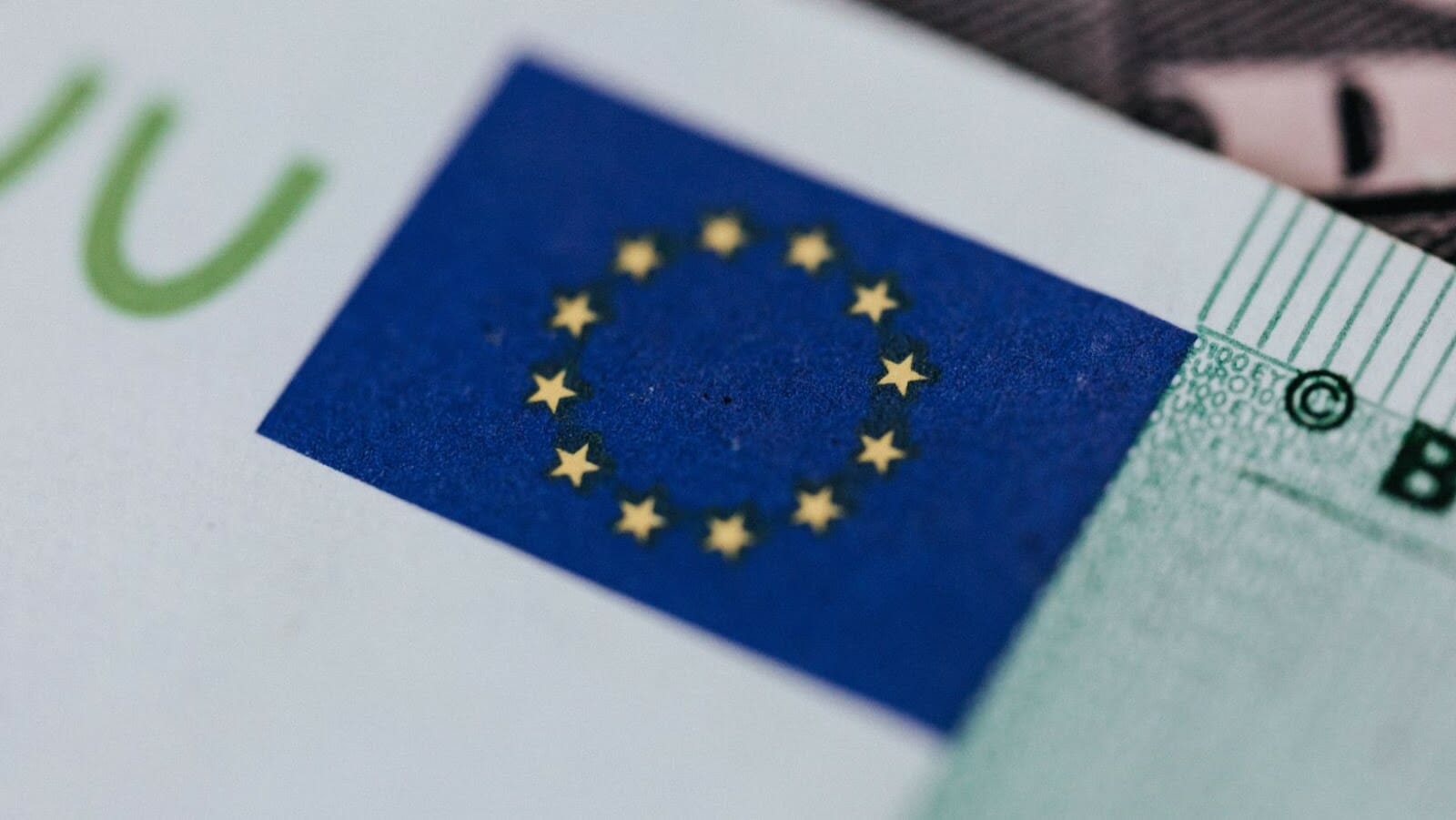
In 2014, the European Union (EU) issued an embargo against Russia, including a ban on exporting oil and petroleum products, to pressure Russia to end its support for separatists in eastern Ukraine. In response, Russia instituted a price cap on oil export to counteract the economic effects of the embargo.
This progress report will provide an overview of the progress made on the EU embargo and the Russian oil price cap.
Overview of EU Embargo on Russian Oil
In response to the 2014 crisis in Ukraine, the European Union implemented an embargo on oil imports from Russia. This embargo was adopted to target energy- related investments, technology transfers and expertise from the Russian Federation to members of the European Union. The EU denied any further import of Russian oil products, including certain refinery and exploration technology, to limit Russia’s access to Europe’s energy markets.
The EU also imposed measures on some sectors and activities in Crimea – an integral part of Ukraine – affecting all regional economies, including gas pipelines and oil storage facilities. This action also aimed to reduce the risk from potential investments in prohibited activities related to Russia’s annexation of Crimea in 2014.
In addition to preventing new investments in Crimea or parts of eastern Ukraine controlled by separatists, EU foreign ministers voted unanimously in 2017 to prolong economic sanctions against Russia until mid-2018. The sanctions have ranged from restrictions for companies conducting business with Russian businesses operating abroad to limitations on acquisitions or capital markets access for specific companies owned or controlled by individuals or entities that the EU sanctions.
While these sanctions have effectively reduced trade with Russia, numerous issues are still associated with this form of economic pressure. For example, several European countries have voiced their disapproval due to scarce economic benefit (in comparison). Specifically, when looking at the impacts this has had on their GDPs and employment within their national veteran populace it is clear why some countries may be hesitant about continuing these restrictive measures against Russian Petroleum exports into Europe.
Impact of EU Embargo on Russian Oil Price
The European Union (EU) imposed an economic embargo on Russia in 2014 in response to the Russian intervention in Ukraine. This embargo had a profound impact on the global oil market and in particular, the Russian economy.
This article will discuss the impact of the EU embargo on the Russian oil price and the progress made in mitigating this impact.
Decrease in Russian Oil Production
In August 2014, the European Union imposed a far-reaching embargo on oil exports from Russia to EU member countries. The embargo was one of the most significant international sanctions against Russia since the fall of the Soviet Union. As a result of this embargo, Russia’s oil production decreased significantly and its oil prices dropped dramatically.

The Russian economy heavily relies on selling oil to other countries and has been particularly affected by sanctions imposed by members of the European Union. The International Energy Agency estimates that these sanctions lowered Russian Oil production by approximately 600 thousand bbl/d in 2015. The decline in production was accompanied by an 11% decrease in global demand for crude oil and petroleum products due to weak economic activity across Europe. This decrease was further exacerbated by decreased investment in Oil production, as foreign investors have become more wary of investing in Russia’s economy due to geopolitical instability caused by Moscow’s aggressive posture towards Ukraine, Georgia and Moldova.
These measures have resulted in domestic prices for crude oil remaining low throughout 2015 and 2016 and gas prices at retail stations reaching historic lows not seen since 2012. Furthermore, a decline in exports also exacerbated the situation as global demand for Russian crude dropped drastically, leading to a drastic reduction in revenues from export tariffs collected by the state budget as well as negative impacts on petroleum companies operating out of Russia such as Gazprom Neft, Bazotechneft and Rosneft Massive layoffs occurred throughout this period within large producing companies such as Tatneft, Lukoil, Surgutneftegaz etc., putting additional strain on strained household budgets around the country. Furthermore, tariff revenues from refining operations were hit hard when US dollar-denominated consumer goods suddenly became too expensive for import into Russia due to sliding ruble exchange rates over this period drop which significantly reduced consumer disposable incomes leading them cut back spending on consumer items like gasoline gasoline beyond basic necessity needs ultimately leading down yet again through reduced domestic demand at retail pumps.
Increase in Domestic Oil Prices
The European Union imposed an embargo on importing Russian oil in July 2014, significantly increasing domestic oil prices in Russia. This embargo was imposed as a response to the invasion of Ukraine by the Russian Federation. The embargo limited Russia’s ability to export its oil trade and caused a spike in domestic oil prices by almost 11%. Moreover, the lack of imports from the European Union resulted in a significant decrease in export revenues for Russia’s national budget.

The increase in domestic oil prices increased inflation and decreased consumer buying power. The National Bank of Russia raised interest rates while attempting to shore up confidence following the sanctions and increased oil prices. This led to further contraction in consumer spending and increasing concerns regarding Russia’s economic outlook.
The EU embargo was lifted in January 2016 with little impact on international crude markets or global prices. While it did have a notable effect on Russian domestic crude markets, it proved relatively ineffective due to major producers such as Saudi Arabia pumping more barrels into global markets over that period – effectively countering the effects of Moscow’s reduced exports and resulting price increases.
Progress Report on EU Embargo and Russian Oil Price Cap
Since the introduction of the EU embargo and the Russian Oil Price Cap in 2014, much progress has been made in expanding access to oil and other commodities.
In this article, we will look at the progress that has been made, and discuss how it has impacted the oil and commodities market within the EU.
Effect of EU Embargo on Russian Oil Price
The European Union has imposed sanctions against Russia in response to the ongoing conflict in Ukraine. These economic sanctions have directly impacted the Russian economy, particularly on energy prices. In particular, the EU has placed an embargo on some Russian oil exports, thus reducing the amount of oil available for sale on the international market. This has increased oil prices within Russia, as international demand drives up local prices.
Furthermore, these sanctions have caused a fall in Russia’s foreign currency reserves due to a shortage of foreign exchange from the oil and gas exports previously allowed by the EU. Therefore, to ensure stability of domestic industries, which depend heavily on low-cost energy sources such as oil and gas, the Government of Russia imposed an official price cap on crude oil exports starting from late 2014/early 2015. This price cap was set at Rubles 40 per barrel (/MT) and was meant to protect local industry from higher costs due to supply disruption caused by EU embargoes and export restrictions.
Although this measure initially helped stabilise consumer energy prices within Russia, an increase in domestic energy consumption has caused prices to rise again towards their precap levels. This has resulted in higher production costs for consumer goods and services industries across the country due to increased energy expenditures by private and public sectors/ businesses/ companies. This could lead to higher inflationary pressures given that these industries form a significant part of Russia’s GDP (about 18%).
Impact of Russian Oil Price Cap on Global Oil Markets
The purpose of the Russian oil price cap is to protect the market from sharp price fluctuations due to global oversupply. The cap works by limiting the amount of oil Russia can export to reduce their exports and exert a downward pressure on global prices. At the same time, it serves as a safeguard against potential price increase from lifting international sanctions against Iran, although this is yet uncertain.

Since its implementation, the oil price cap’s overall impact has brought significant stability to global oil markets. Overall, after its implementation, average monthly crude and refined product prices have stabilised at levels slightly lower than before its introduction but within a range narrower than ever since early 2014 when prices began to experience great volatility. This has increased investor confidence for both international players and domestic investors as uncertainty about future pricing environments has been drastically reduced. Consequently, long-term investments have become more attractive for all sides involved in Russia’s oil production industry.
The impact of this measure is also evident in Russia’s domestic oil industry where output levels have remained steady compared with precap levels thanks in part to greater investment due to a more stable outlook thanks largely to this intervention by government authorities. What is perhaps potentially more important are signs of an economic revival that high volatility had hindered until now as improved input costs put increased pressure on lower energy costs allowing producers and consumers alike better access to capital and cheaper energy sources.
Overall it can be concluded that the Russian Oil Price Cap has had an immense positive effect on global oil markets both in terms of bringing stability and offering better access to capital and cheaper energy sources worldwide.
Effect of EU Embargo on Russian Economy
The European Union (EU) banned certain food imports from Russia in 2014, in response to the conflict in Ukraine. The impact of this embargo can be seen both directly on the Russian economy, as well as through its indirect effects on oil prices for all of Europe.
The EU’s sanctions had an immediate effect, with Russian GDP dropping by 0.7% in 2014, largely attributed to the EU embargo, other Russia-EU trade conflicts and other economic policies instituted by the Russian government. Despite a slight recovery in 2015, GDP fell again in 2016 by 0.2% and has remained at a similar level since then. This cost Russia around 5 billion euros in lost agricultural exports alone between 2013 to 2019 due to reduced demand from the EU’s import restrictions.
Combined with the OPEC+ oil price cap intra-regime agreement implemented at the end of 2016, this caused a steep drop in proven oil reserves for Russia due to decreased market demand and lower capital investments into new exploratory projects. This made it difficult for some oil companies within Russia to remain competitive during 2017-2019 ranging from Gazprom Neft and Rosneft to Lukoil and Tatneft. As such, these companies were forced to analyze their strategies for diversification away from crude oil-dependent growth models or risk becoming uncompetitive due to unprofitably low international selling prices compared with domestic selling prices. This meant that there was further contraction of proven reserves which was offset however by an increase of non-proven recoverable reserves as they increasingly explored options outside conventional oil drilling – invoking further disruption within the industry despite recovering international crude prices since 2018 owing mainly to Saudi reductions also agreed upon during that OPEC+ agreement.



